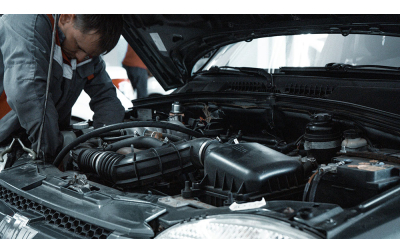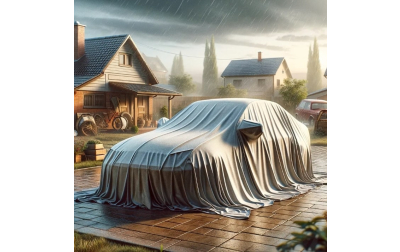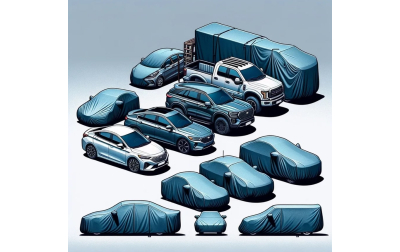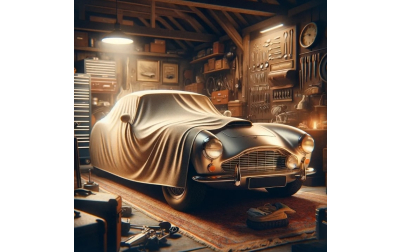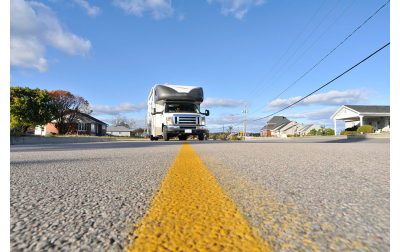Tiny Homes on Wheels: The Rise of a New Lifestyle
Recently, mobile tiny homes have gained immense popularity as an alternative to more conventional living arrangements – even more conventional mobile ones. The name says it all: tiny homes are just-big-enough living spaces, and in this instance, they are often built on or attached to a trailer. Inhabitants of a mobile tiny home have the opportunity to shift between many different lifestyles, going off the grid or simply exploring a new place, all while avoiding the burden and expense of tradition home ownership.
The tiny home craze grew out of a fresh interest in the longstanding philosophies of minimalism, stoicism, and their obligate simple-living. Proponents of these philosophies and of tiny homes quite convincingly claim that reducing all those things which bloat and blur our lives makes for an experience which is richer in meaning and provides clarity about what is really worth our attention. Speaking strictly pragmatically, they are at the very least much easier to maintain, much less expensive, and supremely efficient.
A principal advantage of the mobile tiny home is its affordability. All over the world the housing market spawning absurd and unsustainable inflation of prices, taking formerly ‘affordable’ living spaces into the high hundred thousand and even millions of dollars. Mobile tiny homes, meanwhile, can cost magnitudes less, and often completely cut out the cost of land. Such an advantage makes mobile tiny homes incredibly appealing to those who have limited means, or just find the cost of a home or a large mortgage completely unacceptable.
An important benefit of choosing to live in a mobile tiny home is greatly diminished environmental impact – this of course being modulated by the efficiency of the vehicle that has it in tow. A small home saves on heating energy, and of course, eats up fewer resources to produce. Due to their reduced size, tiny homes allow more people to be housed in a smaller amount of land. This remains true in the case of mobile tiny homes! Such a consideration is incredibly important, as land is the most crucial resource when it comes to the overall efficiency of a living space. All these facets add up to make tiny homes an incredible appealing option for those who valorize environmental responsibility.
From the standpoint of pure enjoyment, tiny mobile homes are an outstanding proposition. They provide access to an incredibly broad range of lifestyles and experiences – something especially worth noting giving the limitations of stationary tiny houses. Being built on a trailer, it is quite easy to compensate for what little might be found inside. No longer does a tiny home need to be built in the perfect city, perfect community, to be worthwhile – you can move and try on different cities, different living areas, and different climes as you see fit. Many in the age of remote work find this enticing, and it is entirely understandable!
Despite these excellent qualities, it would be dishonest to ignore the definite problems and drawbacks that come with choosing to live in a mobile tiny home. Though you might expect it to be easy, there are often problems with trying to park and live your tiny home lifestyle. As is the case with many novel lifestyles or technologies, governmental legislation is not yet designed to support them. This certainly complicates the allegedly simplicity of tiny home living, and you will often have to do research and be willing to get wily or persuasive in order to be accommodated wherever you would like to set up – and chances are, it won’t always go your way.
The most obvious challenge with tiny home living is the lack of space and thus the amenities they can or cannot accommodate. A challenge for conventional tiny homes, this problem is typically more severe with mobile tiny homes. Being designed with the dual goals of compactness and mobility, you will almost never find a tiny home that checks all, or even most, utility boxes. Ingenuity only gets you so far when you have to consider road safety, power constraints, and an overall lack of space. However, this is certainly a drawback that tiny home livers can become adjusted to. As long as the fundamentals are there, and you find yourself a place nearby where you can make up for certain lacks, it is entirely possible to overlook such failings with the joy this new lifestyle brings.
Challenges aside, the mobile tiny home movement is a growing one. With this growth, innovation will come, and perhaps many of the problems just highlighted will eventually be resolved. As demand increases, the market and (perhaps more slowly) public legislation will respond. We can already see this transformation happening, and things will only get better as time progresses!
As the movement grows, towns and cities will be driven to respond, perhaps eventually even preferring to cede land and resources to the efficient and frugal form of life. Indeed, you might consider getting involved in these discussions yourself and petitioning your local government, or investigating what the current state of bylaw is surrounding tiny homes. Consider what accommodations could be made and pose them – it is at this level of government where individual impact is most conceivable! Perhaps we will one day see parts of cities set aside for and specifically catering to tiny homes, the formation of tiny home communities, and incentives established to make such developments economically fruitful.
All this being said, it is unlikely that the tiny home lifestyle will be for everyone – indeed, there are certain needs and circumstances which a tiny home will never be able to accommodate. Nevertheless, we should welcome this new possibility with open arms. Even if mobile tiny homes aren’t for you, having them as a part of your city or community could be a benefit. At a societal level, it would certainly appear that they are a net good. Regardless of your position, consider learning more, and approach the possibility with an open mind – you might find that the mobile tiny home lifestyle is right for you. And who would want to miss out on such a possibility?

